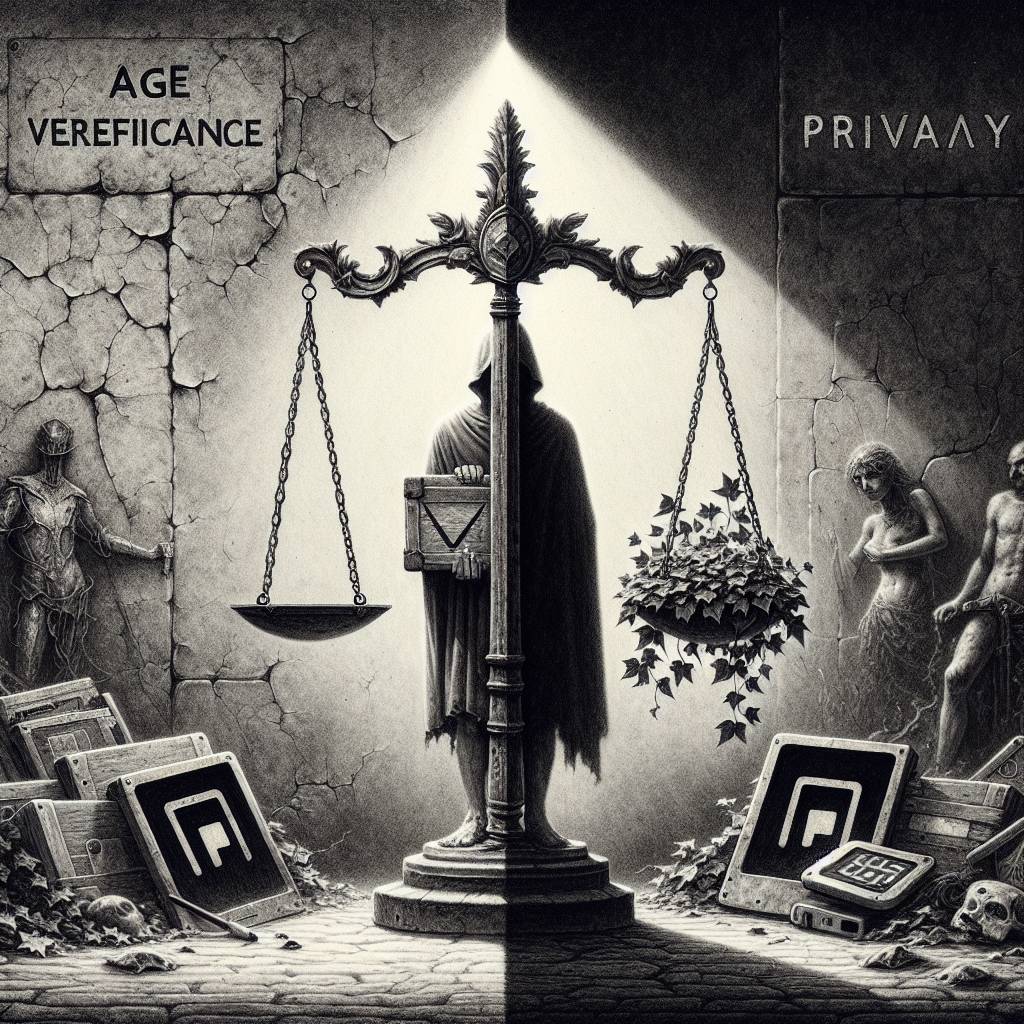Age Verification vs. Privacy: Europe’s Digital Dilemma Unveiled
The European Commission is drafting guidelines under the Digital Services Act to protect minors online. However, critics warn that age verification methods risk privacy and free expression. The focus should be on empowering users with strong privacy settings, not invasive surveillance. Safety matters, but so do digital rights. Read more about digital identity and the future of age verification in Europe.

Hot Take:
Ah, the European Commission is at it again with their grand plans to protect the kiddos online! But wait, are they protecting them or just building a digital nanny state? In the quest to shield minors, the Commission might just be fashioning a new type of online Big Brother—one that checks your ID at the door and rummages through your digital drawers. Let’s hope they find a way to keep the kids safe without turning the internet into a paranoia-fueled dystopia!
Key Points:
- European Commission drafts guidelines for online safety of minors under the Digital Services Act (DSA).
- EFF emphasizes that safety should not compromise privacy, free expression, or equitable access.
- Age verification technologies pose privacy risks and may lead to discrimination and surveillance.
- Current guidelines focus on age assurance without addressing root causes of online risks.
- Recommendations include user-empowering approaches and upholding digital rights in final guidelines.
